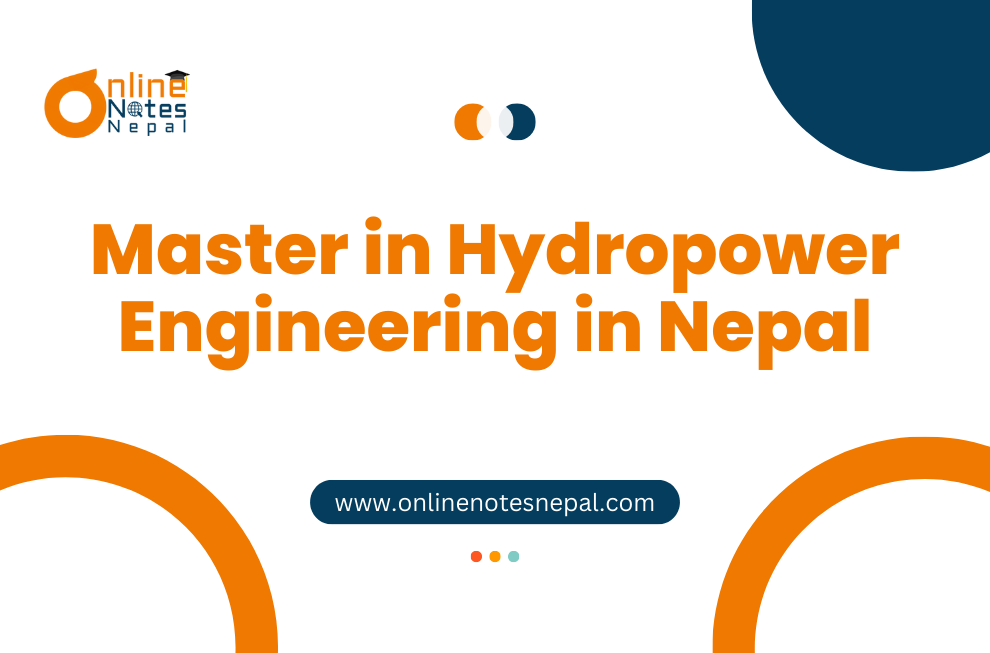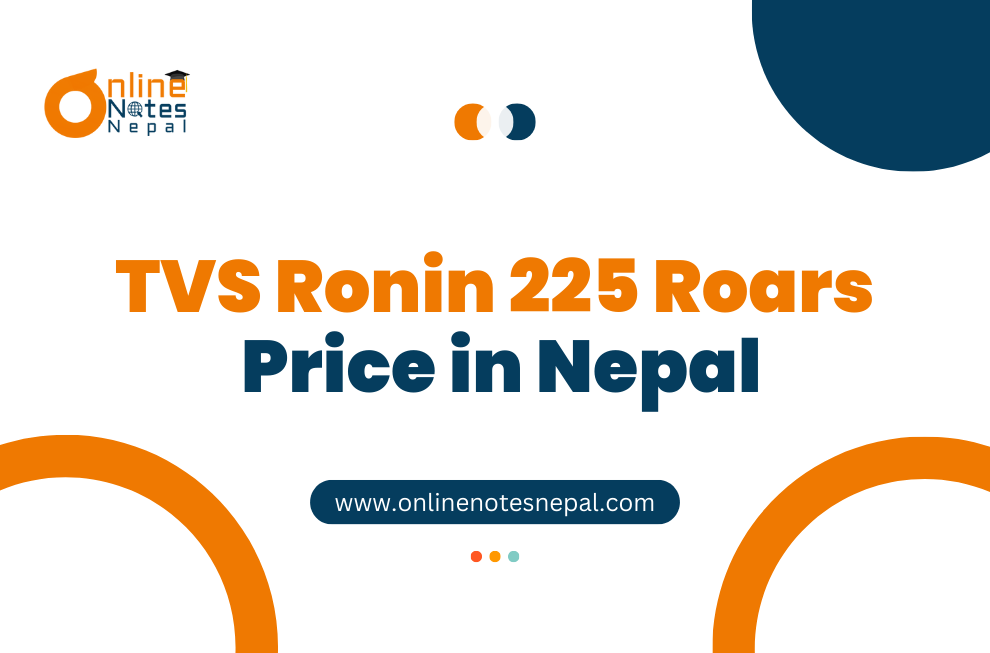Blogs



Master in Hydropower Engineering in Nepal
Colleges ArticlesNepal is a dream spot for anyone who's into hydropower engineering. It's got rivers and streams everywhere you look, and the hydropower potential is just massive. If you're thinking about diving deeper into the world of hydropower, this program is like a treasure map to mastering everything you need to know. It's not just about hitting the books; you'll get your hands dirty with real-world skills for building and keeping hydropower plants running smoothly. You'll learn about the water cycle, how to deal with silt and soil, and even how to make sure your projects are friends with the environment. Plus, with climate change shaking things up, you'll be ready to adapt and keep things sustainable. After you graduate, you'll be the kind of team player who can also strike out on your own and explore new ideas in hydropower.
Why Study Hydropower Engineering in Nepal
Nepal's got a ton of rivers, which is awesome because it means we can get into making electricity from water that's hydropower for you. It's kind of a big deal here and it's picking up speed, so there are lots of jobs popping up for people who know their stuff. If you're thinking about studying this, it's pretty cool because the universities here don't just stick you in a classroom all day. They get you out there, getting your hands dirty and learning how it all works in the real world. Plus, if you're watching your wallet, getting your Master's degree in Nepal won't break the bank. It's way cheaper than a lot of places, so you can learn without the stress of a huge debt hanging over your head.
Key Universities Offering Master's Programs:
- Tribhuvan University (TU): Nepal's largest and oldest university offers a Master's in Hydropower Engineering through its Institute of Engineering (IOE).
- Pokhara University (PU): Offers a Master's program in Renewable Energy Engineering, specializing in hydropower.
- Kathmandu University (KU): Offers a Master's in Environmental Engineering with a focus on hydropower and sustainable development.
- Purbanchal University (PU): Offers a Master's in Civil Engineering with specialization options in hydropower.
Admission Requirements
- Bachelor's Degree: To get started in this field, you'll need to have finished a degree in something like Civil, Mechanical, or Electrical Engineering, or something pretty similar.
- Entrance Examination: If you're thinking about going to college for engineering, you'll usually have to take a big test that everyone in the country also takes, called the Engineering Entrance Exam, or EE for short.
- GPA/CGPA: Most colleges have a GPA requirement that changes depending on the school and what you want to study.
- English Proficiency: If you're coming from another country to study, you'll probably have to show how well you can speak English by sending in scores from tests like the TOEFL or IELTS.
Curriculum and Specializations
- Core Subjects: Fluid mechanics, hydraulics, hydropower plant design, power system analysis, renewable energy technologies, environmental impact assessment, project management.
- Specializations: Sustainable hydropower development, hydropower plant operation and maintenance, hydropower economics, grid integration of renewable energy.
Career Prospects
- Hydropower Companies: Work as engineers, project managers, consultants, and researchers in both national and international hydropower companies.
- Government Agencies: Contribute to policy development and project implementation in the Ministry of Energy, Water Resources and Irrigation.
- Research Institutions: Engage in research and development related to hydropower technologies, efficiency, and sustainability.
- Academia: Teach and mentor future generations of hydropower engineers in universities and colleges.
Benefits of Studying in Nepal
- Cultural Immersion: Experience the rich culture, diverse landscapes, and welcoming hospitality of Nepal.
- Affordable Living: The cost of living in Nepal is relatively low compared to other countries.
- Travel and Adventure: There are tons of cool paths to hike and all sorts of wild animals to see. It's a pretty awesome place.
Challenges and Considerations
- Limited Infrastructure: Some colleges might not have as much stuff for research or as many resources as the big schools around the world.
- Language Barriers: Just a heads up, you might need to be good at English for certain courses or jobs.
- Political Instability: Politics in Nepal can be a bit like the weather hard to predict! This means that sometimes when you're working on a project, things might take a bit longer than expected.
A Master's in Hydropower Engineering in Nepal could be an amazing choice. Not only do you get to dive deep into a super important field, but you also get to be part of an industry that's taking off there. Plus, you'll be surrounded by Nepal's incredible culture and landscapes while you're at it. It's a pretty awesome place for anyone looking to get into hydropower engineering.

